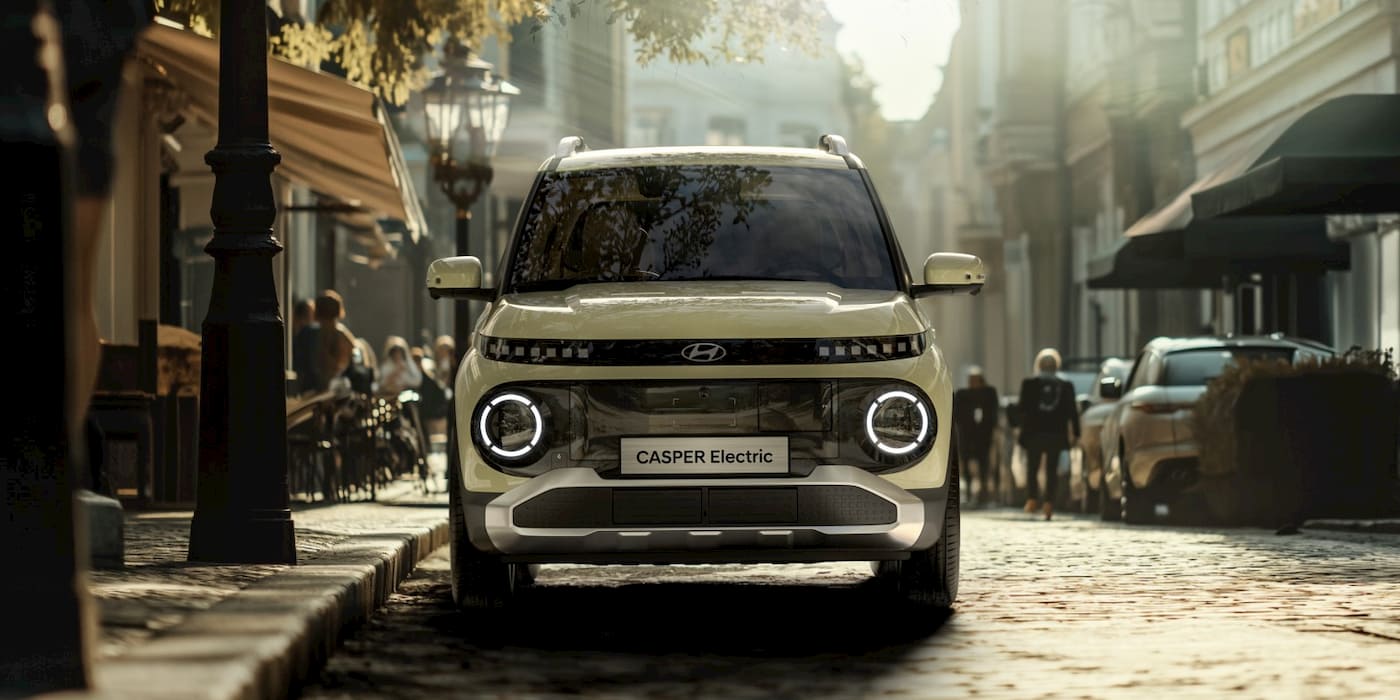
Hyundai is upping the ante on China’s main EV maker with plans to dish out $28 million (1 billion baht) on a brand new EV meeting and battery plant in Thailand. BYD is main the “Detroit of Asia’s” surging EV market, however Hyundai seems to be to seize its share.
Hyundai to fend off BYD with EV plant in Thailand
With EV gross sales surging in Thailand, Hyundai needs in on the motion. On Wednesday, the Thailand Board of Funding (BOI) permitted a $28 million (1 billion baht) funding from Hyundai’s subsidiary.
“Thailand’s robust current provide chain will enable Hyundai to supply not lower than a 3rd of the uncooked supplies and elements it wants from inside Thailand, thus supporting the native trade,” Mr. Narit Therdsteerasukdi, Secretary Common of the BOI, defined.
The funding will probably be used to ascertain a brand new EV meeting and battery plant within the nation, beginning in 2026.
Hyundai will work with Thonburi Automotive Meeting Plant Co. as a strategic enterprise associate to achieve a foothold within the nation.
Hyundai’s EV plant comes as Thailand’s auto market shortly shifts to electrical autos. Though Japanese automakers, like Toyota and Nissan, have traditionally dominated the Thai auto market, Chinese language EV markers are quickly stealing market share.
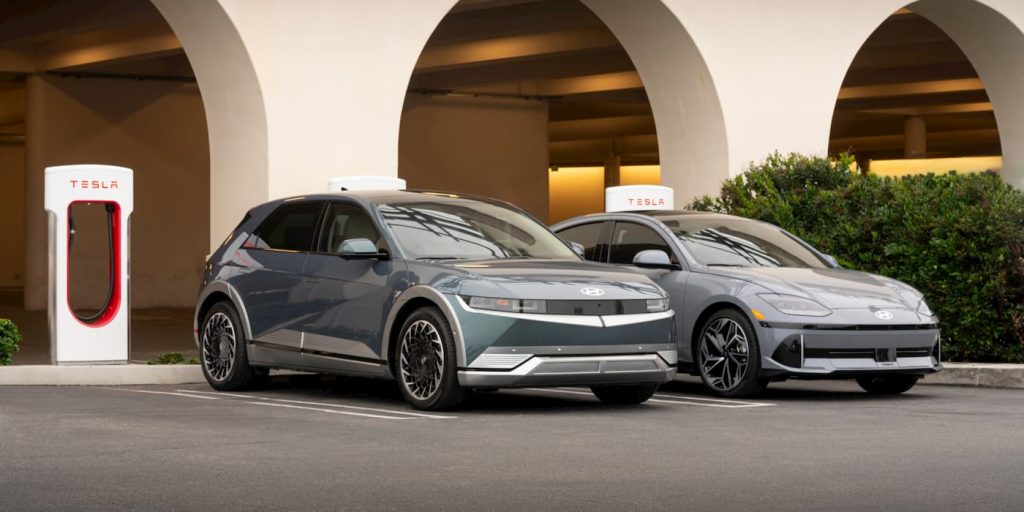
BYD leads Thailand’s booming EV market
With almost 30,000 electrical automobiles bought in Thailand final yr, BYD was the top-selling EV model within the nation. And that’s after coming into the market simply two years in the past.
BYD has maintained its momentum in 2024 with a 46% share of Thailand’s EV gross sales within the first quarter. In accordance with world market analysis agency Counterpoint, BYD is already the nation’s third-largest passenger automobile model (EV or fuel).
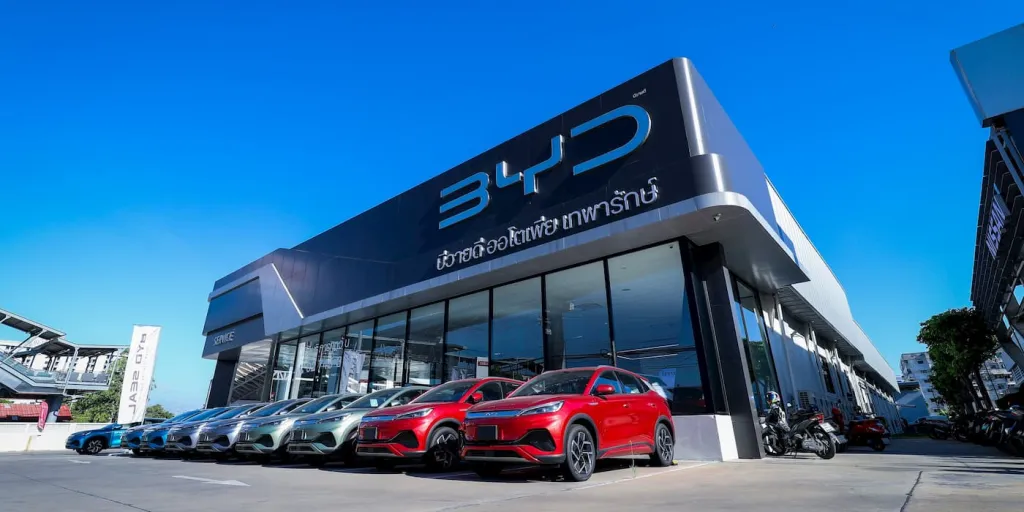
After breaking floor final March, BYD formally opened its first EV plant in Thailand on July 4, 2024. As soon as operational, the ability will crank out 150,000 autos yearly.
Often known as the “Detroit of Asia,” Thailand’s EV gross sales have slowed some as a consequence of a weakening economic system, however they’re nonetheless up 50% in comparison with final yr.
Thailand set an bold aim in 2021: By the tip of the last decade, 30% of autos made within the nation will probably be electrical.
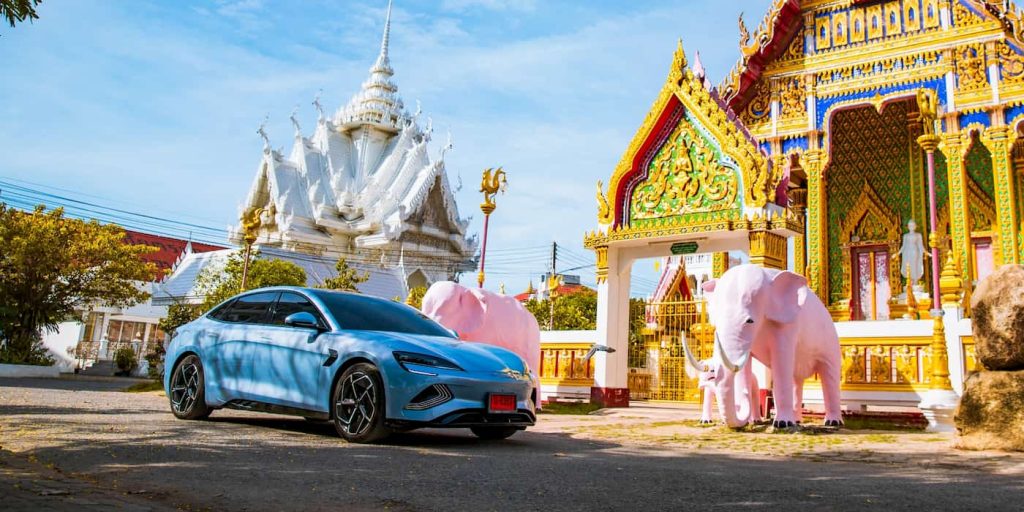
Below its 30@30 plan, Thailand goals to safe its place as an EV hub for the longer term. Thailand is already the biggest auto manufacturing nation in Southeast Asia and ranks within the high 10 globally.
The BOI has permitted over $2.2 billion (80 billion baht) in EV provide chain investments. In the meantime, 18 producers from China, Japan, and Europe are already constructing EVs in Thailand or plan to within the subsequent two years.
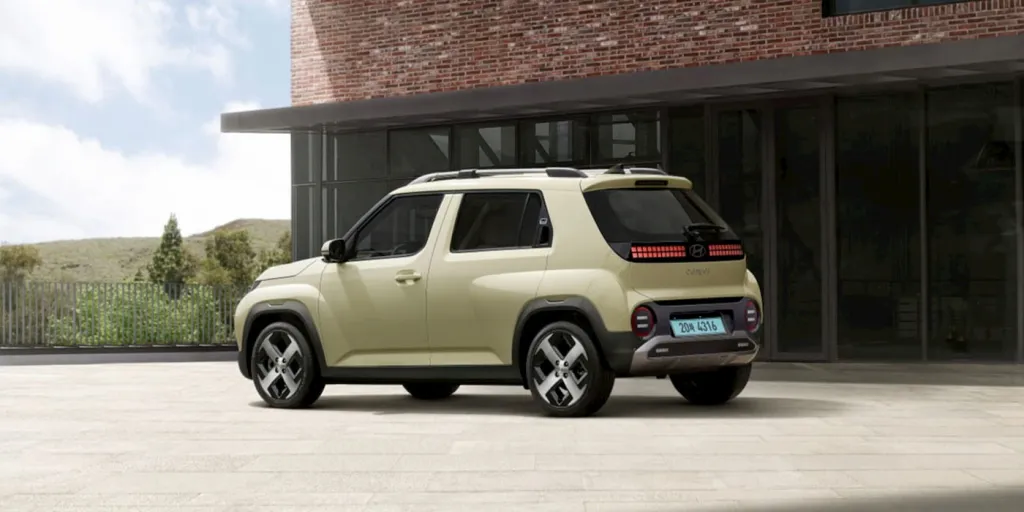
Hyundai and BYD will assist lead Thailand’s transition to electrical autos, leaving fuel automobiles behind.
Though BYD is understood for low-cost EVs, Hyundai opened orders for its new Casper Electrical, beginning at simply $23,000 (31.5 million gained) in Korea. With rebates, Hyundai mentioned the Casper EV could be purchased for as little as $14,500 (20 million gained).
Electrek’s Take
After touring throughout Thailand on my honeymoon in Might, I can say Chinese language EVs are formally taking up.
BYD Atto 3s and Dolphin fashions are taking up the streets of Thailand. Though the vast majority of the automobiles on the highway (not two-wheelers) had been nonetheless Japanese, the emergence of Chinese language EVs can’t be missed.
Thailand is crammed with indicators selling Chinese language EVs from BYD, MG, and even XPeng. You see ads within the airport, on highways, and in different high-traffic areas.
With the competitors intensifying after aggressive worth cuts in China, EV makers are increasing abroad, and Thailand is a sizzling spot. Japanese imports like Toyota and Nissan have traditionally dominated Thailand’s auto market. Nevertheless, the arrival of Chinese language EVs is inflicting a drastic shake-up.
Japanese automakers have been among the slowest to transition to EVs and are paying for it in China and Southeast Asia, two of their most crucial markets.
Hyundai and BYD are benefiting from Thailand’s aggressive EV targets with plans to arrange store within the area. I might count on to see EV adoption accelerating over the subsequent few years in Thailand as gas-powered automobiles are phased out.
FTC: We use revenue incomes auto affiliate hyperlinks. Extra.


